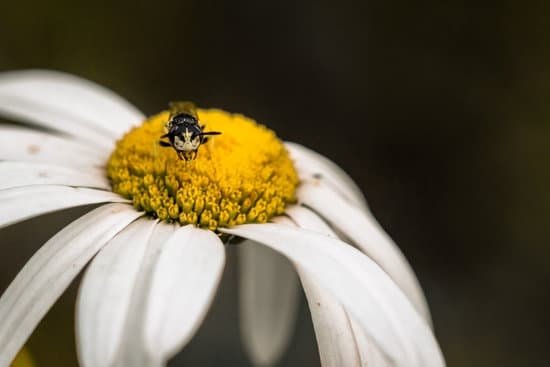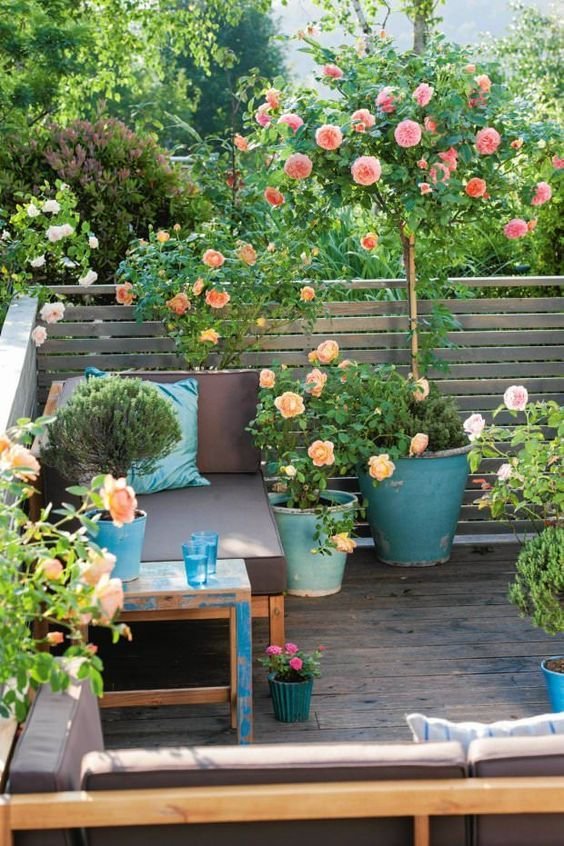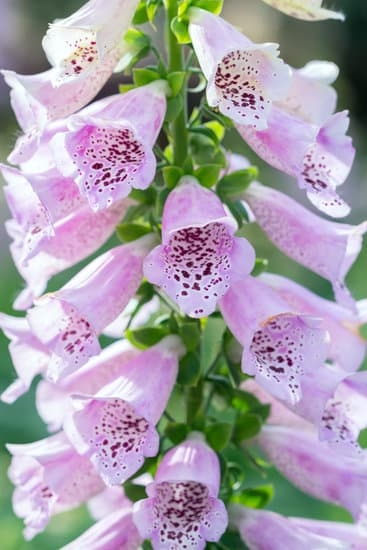Vegetable Gardening Tips In Tamil
Nadu
Tamil Nadu is a state located in the southernmost region of India. The climate is tropical and the soil is fertile, making it an ideal location for vegetable gardening. There are many vegetables that can be grown in Tamil Nadu, including tomatoes, cucumbers, eggplants, peppers, beans, and peas.
There are several things to consider when gardening in Tamil Nadu. The first is the type of soil. The soil should be well-drained and have a pH of 6.5-7.5. If the soil is not acidic enough, add sulfur or lime to increase the acidity. If the soil is too acidic, add dolomite lime or agricultural lime to increase the alkalinity.
The next consideration is the type of vegetables to grow. Tomatoes, cucumbers, eggplants, peppers, beans, and peas are all warm-season vegetables that grow best in Tamil Nadu. These vegetables should be planted in the spring, after the last frost has passed.
When planting vegetables, it is important to use the correct spacing. Tomatoes should be planted 18-24 inches apart, cucumbers should be planted 12-18 inches apart, eggplants should be planted 18-24 inches apart, peppers should be planted 18-24 inches apart, beans should be planted 3-4 inches apart, and peas should be planted 2-3 inches apart.
It is also important to provide the vegetables with adequate water. Tomatoes, cucumbers, eggplants, peppers, beans, and peas need 1-1.5 inches of water per week. This can be provided through rainfall or irrigation.
Finally, it is important to fertilize the vegetables. Tomatoes, cucumbers, eggplants, peppers, beans, and peas need 1-2 inches of nitrogen per month. This can be provided through manure, compost, or a commercial fertilizer.
These are just a few of the things to consider when gardening in Tamil Nadu. For more information, please consult a local gardening expert.
How To Grow Onions Gardening Tips And Advice Vegetable Seeds
Onions are a cool weather crop and can be planted in the early spring as soon as the soil can be worked. Sow the seeds in a row and then sprinkle more seeds on either side of the row. Cover the seeds with about 1/4 inch of soil. Water well and then keep the soil moist until the seeds germinate, which should take about 10 days.
When the seedlings are about 3 inches tall, thin them to about 6 inches apart. If you are growing onions for green onions, thin them to about 1 inch apart. Onions need at least 1 inch of water per week.
When the tops of the onions fall over, it is time to harvest them. You can either pull them out of the ground or cut them off at the base. Let the onions dry out in a warm place for a few days before storing them in a cool, dry place.
June Vegetable Gardening Tips
Now that we are well into the month of June, it is time to start thinking about what vegetables we would like to grow in our gardens. In this blog post, we will provide you with some tips on how to grow vegetables in your garden this summer.
One of the most important things to consider when planting vegetables is the type of soil you have in your garden. If your soil is not healthy, then your vegetables will not grow healthy either. You can improve the health of your soil by adding compost to it. Compost is made up of organic materials, such as leaves, grass clippings, and kitchen scraps. You can either make your own compost or buy it from a store.
Another thing to consider when planting vegetables is the amount of sunlight your garden receives. Most vegetables need at least six hours of sunlight per day to grow properly. If your garden does not receive enough sunlight, you can try growing vegetables that do well in shaded areas, such as lettuce and spinach.
Finally, you will also need to decide what vegetables you want to grow. Some of the most popular vegetables to grow in gardens include tomatoes, cucumbers, peppers, and zucchini. However, there are many other types of vegetables that you can grow as well. For a complete list of vegetables that can be grown in a garden, visit the following website:
https://www.growveg.com/vegetables/vegetable-gardening-advice/
Once you have decided which vegetables you want to grow, it is time to start planting them. The best time to plant vegetables depends on the type of vegetable you are planting. For example, vegetables that grow above the ground, such as tomatoes and peppers, can be planted in the garden now. However, vegetables that grow below the ground, such as carrots and potatoes, should not be planted until later in the summer.
If you are not sure when to plant your vegetables, you can find planting instructions for specific vegetables on the following website:
https://www.growveg.com/vegetables/vegetable-gardening-advice/vegetable-planting-advice/
Once your vegetables have been planted, it is important to water them regularly. Vegetables need at least an inch of water per week to grow properly. You can water your vegetables either by hand or with a garden hose.
If you follow these tips, you can ensure that your vegetables will grow healthy and strong in your garden this summer.
Tips For Beginner Vegetable Gardeners
Starting a vegetable garden can seem like a daunting task, but it doesn’t have to be! Here are a few tips to help get you started:
1. Start small. Don’t try to plant too many vegetables at once – start with a few and add more as you get more experienced.
2. Choose the right vegetables. Not all vegetables are easy to grow, so choose ones that are suited to your climate and experience.
3. Choose the right location. Make sure your vegetable garden is in a sunny spot with good drainage.
4. Prepare the soil. Add organic matter to the soil to improve drainage and fertility.
5. Plant the vegetables. Follow the instructions on the seed packet to determine how deep to plant the seeds.
6. Water the vegetables. Keep the soil moist but not wet.
7. Weed the garden. Keep the garden free of weeds so the vegetables can grow unhindered.
8. Harvest the vegetables. Harvest the vegetables when they are ripe.
9. Enjoy your vegetables! Eat the vegetables you grow in your garden, or share them with your friends and family.
Vegetable Gardening Tips In Urdu
There is a lot of information available on vegetable gardening, but it can be hard to find reliable advice specific to Urdu speakers. This blog is designed to provide Urdu speakers with the best tips and advice for vegetable gardening. We will cover everything from the basics of planting and growing vegetables to more specific topics such as pest control and harvesting.
We hope that this blog will be a valuable resource for Urdu speakers who want to start a vegetable garden or improve their existing garden.

Welcome to my gardening blog! I am passionate about plants and enjoy sharing my knowledge and experiences with others. In this blog, I will write about everything related to gardening, from tips on how to get started to updates on my own garden projects.





